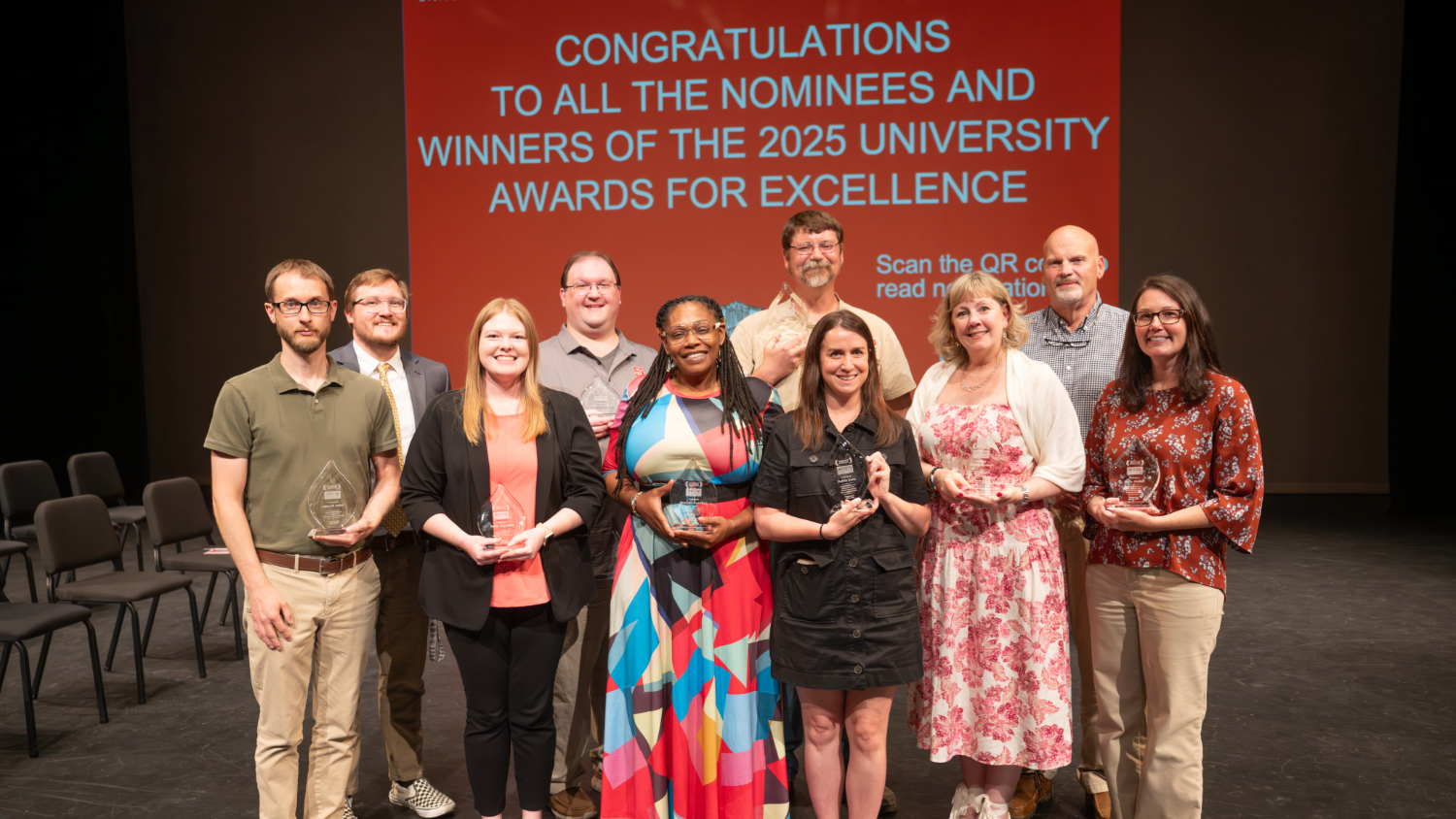Plastics and Human Health
This week at the world’s largest and most important scientific conference, two NC State faculty members will discuss the effects of “hormone mimics” or endocrine disruptors on human and animal health, fertility and puberty.
Dr. John Vandenbergh, professor emeritus of biology, and Dr. Heather Patisaul, assistant professor of biology, both study endocrine disruptors like soy products and a compound in plastics called Bisphenol-A (BPA). BPA is a chemical found in baby bottles, water bottles, canned foods and an array of other consumer products.
Vandenbergh organized a symposium, “Consequences of Endocrine Disrupting Agents in the Laboratory and Home,” on Saturday during the annual meeting of the American Association for the Advancement of Science, in San Diego. Patisaul will serve as a panelist and give a presentation on her recent research findings.
An expert on the ways chemicals influence the development of the nervous system and reproduction, Vandenbergh has published widely on sex chemicals, or pheromones, and their effects on reproduction in animals. Before he left for the conference, we asked him for an overview of the research.
1. What does most of the scientific evidence say about the effects of endocrine disruptors?
The preponderance of scientific evidence says that, for an adult to have low exposure to BPA, we can’t say that it’s extremely harmful. Our bodies are pretty well developed and the doses are pretty low. Plus our livers are good at detoxifying things. But they’re no good at it during fetal development.
I served on the national toxicology panel, an expert panel on the risks of BPA. We concluded in 2008 that there was “some” concern over exposure of fetuses and newborn infants to BPA for brain and behavior changes. We also pulled from hundreds of studies eight important scientific papers that showed fetuses and newborns were susceptible to effects from BPA. The result is that the six major plastic baby bottle manufacturers started producing baby bottles that were free of BPA. The states of California and Minnesota have banned BPA. Canada has placed BPA on a banned substance list. The European Union is re-exploring the BPA issue.
I work with organizations to assess ways of helping protect the public {from the potential harm} of endocrine disruptors. One of them is the Endocrine Disruptor Exchange (EDTX). I’m on the board of directors. This organization has two thrusts: one is to inform the public through the media and the second is to use Congressional action. A bill on protecting the American people from endocrine disruptors has been introduced in both the Senate and the House. We estimate that about $64 million in funds is needed to help federal agencies supply funds to do the research necessary to fully answer your question.
2. Have you or your family made any lifestyle changes (avoiding soy products or drinking from plastic bottles) due to the research on endocrine disruptors?
Absolutely. In my family, we use the microwave, but only with glass or ceramics, and never with plastic wrap to cover food. I love plastics; they’re a very important part of our world. The biggest problem with food in the world is microbial contamination. Plastics play a big role in protecting us from microbial contamination – look at meat at the grocery store, for example.
3. Do you have other scientific interests?
One of the concerns I have as a scientist is how we’re using animals in research. I’m a trustee for an organization called SCAW – Scientists Center for Animal Welfare. It is really interested in helping scientists do good research, but use as few animals as possible. We would like to see more targeted work, started by biochemical and cell-based tests on chemical compounds to pick out which most likely to require animal testing. I think it’s very clear that we have to do that animal testing, but if we’re going to do it, let’s do it with as few compounds as necessary with the right doses so we can use as few animals as necessary.
4. Shouldn’t a retired professor be taking it easy on some beach instead of organizing symposia?
I’ve been blessed with robust health and a supportive family. But the time since the discovery of DNA has been one of the most exciting times in biology. I can’t back away from something as exciting as biology is today. I’m not doing hands-on things, but I read the literature and have been invited to serve on a number panels and programs to help make some of the decisions as it relates to the future of this field.
I’ve also been involved for many years in the development of the Yates Mill historic area in Raleigh. I’m president of the Yates Mill Associates. For many years, NC State biology [then zoology] program used Yates Mill Pond to study plants, birds and fishes. I saw the old mill there disintegrating and, being an undergraduate history major, I got involved with a small group of people concerned with what could be done with the old mill.
5. On the lighter side, are you bringing your surfboard and “hanging 10” while you’re in San Diego?
[Laughs] No, this will be a short, work-filled meeting. I’ll attend a few of the other sessions. I arrive in San Diego on Friday (Feb. 19) and come back home on Sunday (Feb. 21).
- Categories:


